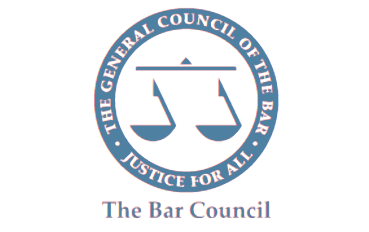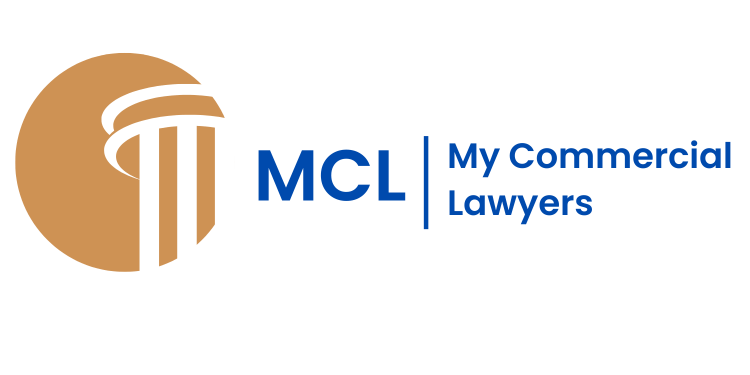WELCOME TO
Litigation
A service that guides construction businesses through court when disputes escalate.
Get the Legal Support You Need Today
Contact Us
Whether you are facing a construction dispute, dealing with regulatory prosecution, or require expert advice on compliance issues, we are here to provide clear, strategic legal support.
reception@mycommerciallawyers.com
Phone
+44 (0) 208 087 4177
Office Address
7 Bell Yard, London, WC2A 2JR
Don’t wait—secure the legal support you need today!
Contact us and one of our legal professionals will get back to you within two business hours. Our team is ready to offer you fast, effective solutions for your legal concerns.
Complete the form right, and let us take care of your legal matters so you can focus on your business.

Get in Touch
Why Does Litigation Matter in
Construction and Regulatory Law?
In the construction and regulatory sectors, litigation may become necessary in various circumstances:
Unresolved Disputes
Breach of Contract
Non-Payment and Financial Disputes
Regulatory and Compliance Issues
The Litigation Process
For businesses, navigating the litigation process can be complex. Here’s a basic breakdown of the key stages
Claim Submission
The dispute begins with the filing of a formal complaint, outlining the allegations and legal grounds for the claim.
Pre-Trial Procedures
Both parties exchange evidence in a process known as discovery. If settlement is not reached, the court may recommend mediation or ADR before proceeding to trial.
Trial
If no settlement is reached, the dispute proceeds to trial, where both sides present their cases. The trial culminates in a judgment issued by a judge (and in some cases, a jury).
Judgment and Enforcement
After the trial, the judge issues a ruling. If the ruling involves financial compensation, non-compliance can result in enforcement actions such as garnishments or liens.
Why Choose My Commercial Lawyers?
At My Commercial Lawyers, we are experienced in providing clear and strategic legal support throughout the litigation process in construction and regulatory matters. Our team ensures you understand every aspect of your case, from legal rights to court procedures.
We take a proactive approach, working closely with clients to craft the strongest possible case. Whether the issue involves construction disputes or regulatory offences, we represent you in court with the goal of achieving the best possible outcome. Litigation can be a daunting process, but with expert legal support, you can move forward with confidence, knowing we are by your side every step of the way.

What is Litigation?
Litigation refers to the formal process of taking a legal dispute to court. When parties involved in a legal disagreement cannot resolve the issue through negotiation, mediation, or arbitration, litigation serves as the mechanism through which a judge or jury can issue a binding decision. The process is public, and its outcome is legally enforceable.
What is Litigation?
- Initial Consultation: Assessing the merits of your case and identifying the best strategy.
- Document Preparation: Drafting essential documents, including the notice of adjudication and referral notice, ensuring precision and compliance with legal standards.
- Case Management: Accumulating evidence, coordinating responses, and liaising with key parties.
- Advocacy and Representation: Skilled barristers present your case persuasively, challenging opposing arguments and securing the best possible outcome.

Frequently Asked Question
When should I consider litigation in a construction dispute?
Litigation should be considered when negotiation, mediation, or arbitration fail to resolve disputes, particularly in cases of contract breaches, payment issues, or defective work.
What are common reasons for litigation in construction law?
Common causes include non-payment, delays, contract disputes, defects, and termination issues. Litigation ensures that contractual obligations are met and financial losses are recovered.
How long does construction litigation take?
The duration varies depending on the complexity of the case, but litigation can take months or even years. Early legal intervention and strategic planning can help streamline the process.
Can litigation be avoided in construction disputes?
Yes, alternative dispute resolution (ADR) methods like mediation or arbitration can often prevent the need for litigation. However, if ADR fails, litigation may be the only option.
What are my options if a contractor or client refuses to pay?
If negotiations fail, legal action such as issuing a formal claim or obtaining a court judgment may be necessary to enforce payment.
What are the risks of litigation in regulatory law?
Regulatory litigation can lead to fines, penalties, reputational damage, and even criminal liability. Our team helps mitigate risks and defend your position effectively.
